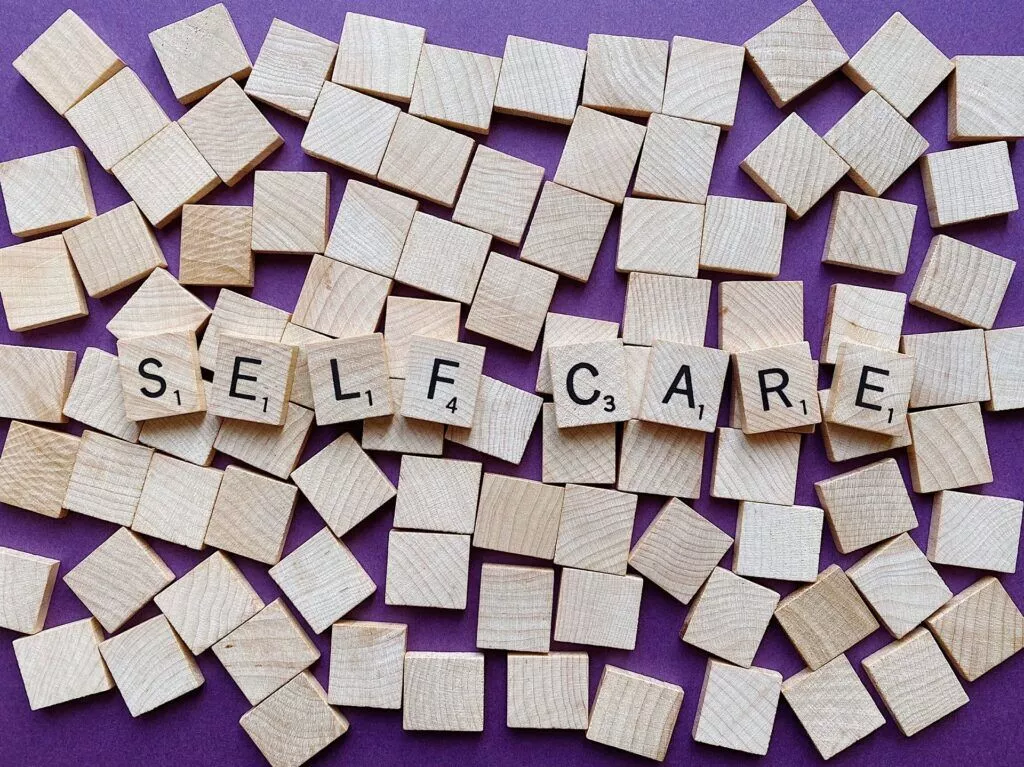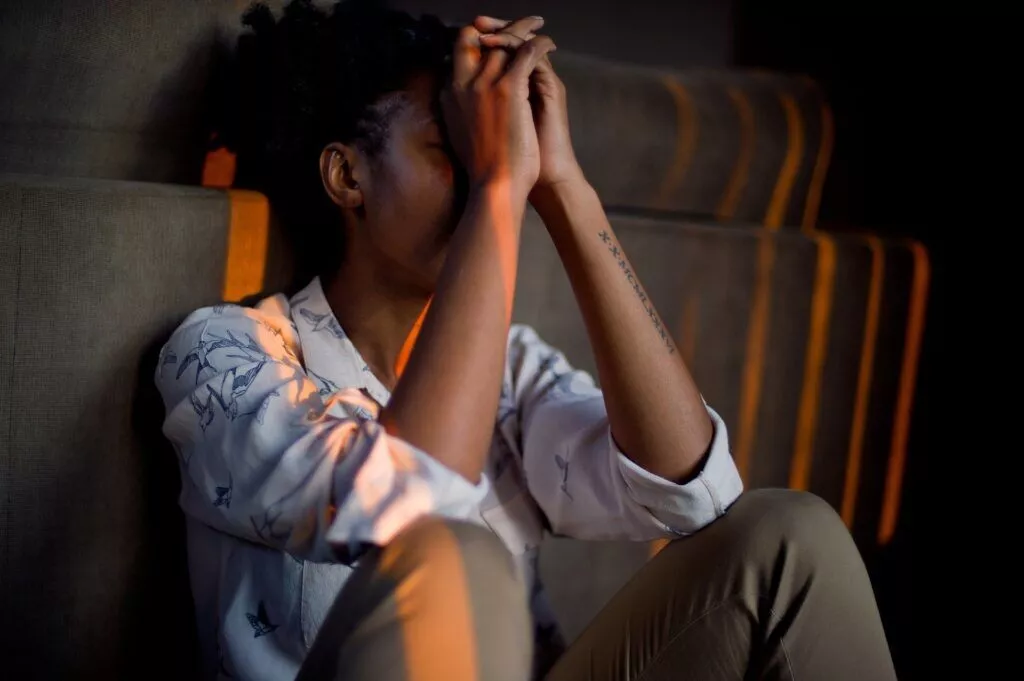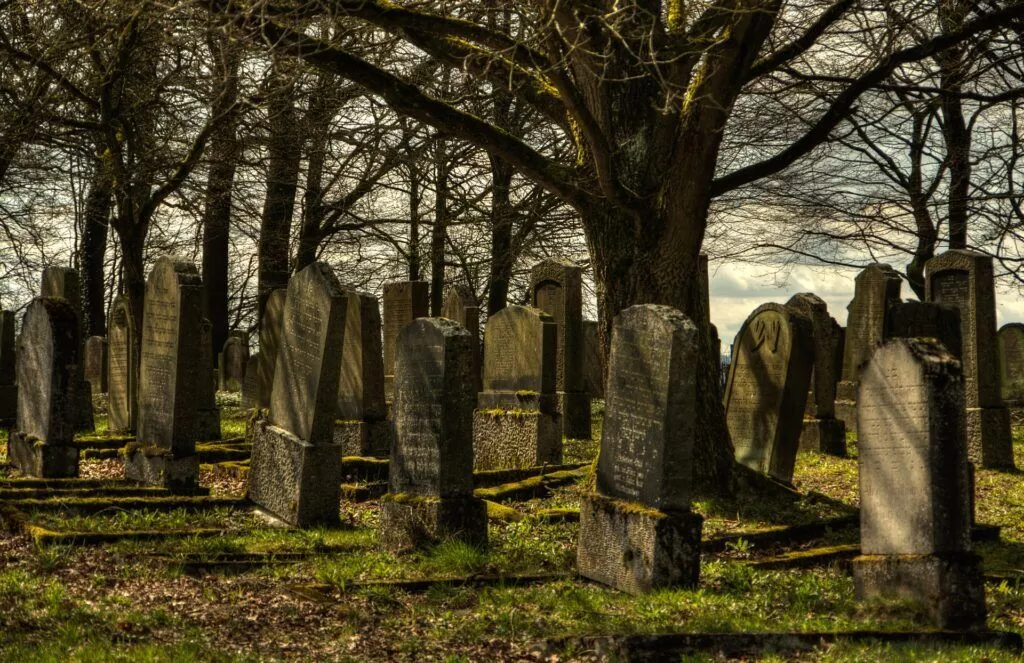Talking about death isn’t something humans are particularly good at. It’s something that we all know in the back of our minds is inevitable, but also something that can be extremely painful to talk about. Thinking about your own death can often be even more difficult than experiencing the death of someone else, because as humans, we fear death, and we don’t know what happens afterwards.
But there are several compelling reasons why thinking about your own death, and making preparations for your own funeral while you’re still alive, can actually make the entire process easier and less scary, both for you and for those around you. Below, we’ve listed the four main reasons you should think about your funeral now.
1. It’s healthy

Contrary to what you might believe, thinking about death in a positive way and planning your funeral in advance can be healthy and lead to a better life. In a 2017 study by The Conversation, attitudes towards death were analysed, and the results were quite striking. Those who felt vulnerable in the face of death, or refused to acknowledge death, were found to take more risks, while those who accepted the inevitability of death were more likely to try and ensure they built a legacy to live on after they themselves passed away.
This conforms with the idea that it is necessary and healthy to properly grieve for a loved one if they pass away. According to the University of Washington, it is not true that time will eventually allow you to move on. On the contrary, they suggest that four things need to be done in order to healthily move on from the death of a loved one: accepting the finality of the loss; acknowledging and expressing the full range of feelings that emerge as a result of this loss; adjusting to a life without the person in question; and saying goodbye. All four of these things are active ‘tasks’ that we ought to do, and all of them involve facing death head-on.
We’re not suggesting that it’s healthy to become pre-occupied or obsessed with thoughts of death and your funeral, but reasonable forward-planning and acceptance of the inevitable allows you to prepare, both logistically and mentally, for when the worst does happen. Talking about these things with your loved ones also allows all of you to spread the emotional burden of coming to terms with death over the course of many years, rather than having it hit you all at once in the sad event of someone’s passing.
2. It takes the burden off others

Planning your own funeral also means that the burden doesn’t fall on your loved ones to do everything on your behalf once you die. It cannot be understated how important this is. When you die, your loved ones will already have a thousand and one jobs and tasks that they are required to do – things such as registering the death, cancelling bank accounts and credit cards, and calling various companies to inform them of your passing.
During this time, they’re also grieving, which makes everything ten times harder. If they also have to focus on the ins and outs of the funeral ceremony at the same time, it can lead to emotional breakdowns and unnecessarily high stress levels that could have been avoided with a little forward planning.
Any decision that you make while you’re alive is one fewer decision that your loved ones have to make during the time between your death and your funeral – and this, in turn, means that your loved ones have more time to mourn and grieve in as healthy an environment as possible. Declaring what kind of service you’d like (religious or non-religious, for example), choosing the music and readings, and deciding whether you’d like to be buried or cremated (or other) are all things you can do in a will, and all decisions that won’t have to be made by your loved ones in the midst of sorrow.
3. It allows you to get what you want

Although you won’t actually be around to see your funeral, planning it in advance should ensure that your wishes are catered for – essentially, if you tell people how you want your funeral to go down, they will respect your wishes and make sure it happens as requested.
Perhaps you’re not a particularly religious person, but you come from a religious family and can’t stand the idea of having the religious funeral you know they’ll plan for you. If you state in your will that you’d like a non-religious funeral, then those wishes will be adhered to. Maybe you’ve always wanted to be lowered into the ground while AC/DC is playing in the background; again, making these wishes clear before you die will ensure the chances of it actually happening are far higher. There are, of course, numerous other examples we could give.
While many of us would like to think that our family will know what kind of funeral we’d like, that’s not always the case, and in the end, we know ourselves better than anyone else in our lives. So if you have specific desires to have your death celebrated or commemorated in a certain way, making those desires public before you die is the only way to make sure they happen.
4. It will save your family money

As a result of the increased demand for funeral pre-planning, most funeral directors these days offer prepaid plans which will save you and your family money in the long-term. Due to inflation, funeral costs, just like costs for everything else, are always steadily rising, but if you were to pay for your funeral now and pass away in thirty years’ time, you’d still be paying 2021 prices, rather than 2051 prices, which are likely to be significantly higher.
This is worth serious consideration. Ideally, you’ll be passing on some money from your estate to your spouse, children and grandchildren when you pass away, and if you’ve already paid for the costs of a funeral before you die, there’s less to deduct from the value of the estate when the time comes. Essentially, you’re out of pocket now to ensure that your children aren’t more out of pocket in a few years’ time.
